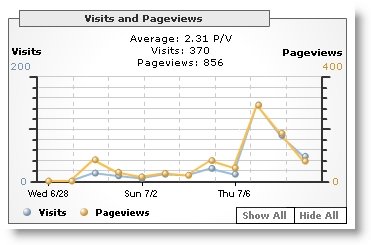Monday, July 10, 2006
Well, which is it?
Is it you're or your?
Is it affect or effect?
Is it its or it's?
Is it lay or lie?
Is it they're, their, or there?
As egregious as all of these errors can be, I have a different bone to pick today. Have you ever heard someone say, "try and remember"? I'm sure you have. Guess what? It's wrong. The correct phrase is "try to remember". Whenever someone asks me to"try and remember" something I always want to ask them which they want me to do. Do they want me to try? Or do they want me to remember? The correct phrase is "try to remember."So the next time your in a situation when someone says something like that, don't just lay down and let well grammar take the hit - feel free to point out they're mistake. Try and remember that, OK?
BONUS!
The Challies Affect:

Links to this post
Comments:
Which is it? It depends on context.
And that whole Challies effect thing ... boy does that have a short half-life.
- t>
And that whole Challies effect thing ... boy does that have a short half-life.
- t>
Because of my thankful affect, I would like to say something to the effect that, in effect, your post will affect us, having a good affect on our grammar, effecting better writing.
Mark>
Mark>
I always thought the "and" was used to emphasize the act of remembering (or any other "try and...") and quite a separate phrase from "try to," which is much more literal and low-impact. Like... "I'm going to try and go to the store today" means I'm going to make a genuine effort to do so, I'm emphasizing the "try," while "I'm going to try to go to the store today" means I have the thought of going to the store in mind, but it isn't worth two separate verbs, just a single transitive and an object.>
Post a Comment
Links to this post:
 |

